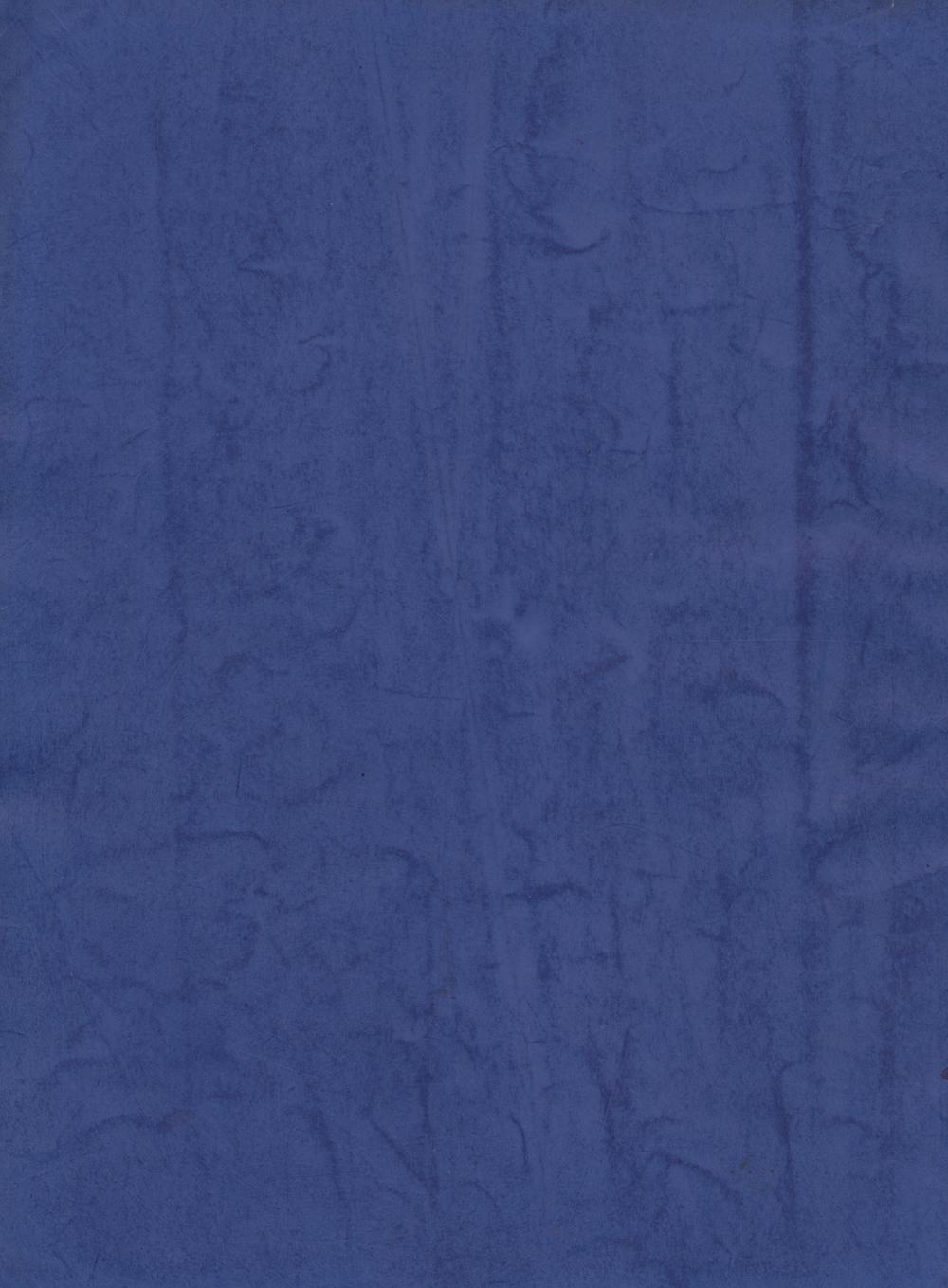Protect me from what I want
Kaaitheater 2017-2018
— Jenny Holzer
In our last two seasons, RE:THINK and RE:MAKE provided political and philosophical leitmotifs for our programmes. In both series, we attempted as an arts centre to question the extreme depoliticization of society, through lectures and productions. ‘There is no alternative!’ – the statement with which Margaret Thatcher launched this depoliticization in the eighties – has become the central slogan of the neoliberal regime. Their turn of the century version of capitalism strives for ever more radical global deregulation and claims to be the ideal and ultimate system to shape society in objective, incontestable, and non-ideological ways. In RE:THINK, we focused on philosophy and theoretical reflections: timeless and free thought that resists its own economic commodification. In RE:MAKE, we explored a new political imagination, new ideals of social engineering, new political narratives that might replace pure calculation.
Over the last year, we have witnessed an intense and, from an electoral point of view, successful response from right-wing populists. However, their alternative rather seems to reflect nostalgic wistfulness for an idealized past and attests more to fear of the future than a positive vision. On the other side of the political spectrum, there are grassroots and civil rights movements with which the cultural sector generally seems to align itself. Their concrete and surprisingly diverse initiatives attest to a phenomenal energy and sense of urgency, but have not yet resulted in a successful and coordinated political resistance. Why is it so difficult to combat the neoliberal regime? It is not for a lack of momentum. An increasingly evident ecological crisis, social inequality that is being driven to extremes, and the constant recurrence of burn-outs, depression, and other mental health issues make TINA appear ever more dangerous. And yet there continues to be a gaping chasm between the panic-mongering classical political parties, the populist exploiters of fear, and the desire for unity in the civil rights movements.
The German-Korean philosopher Byung-Chul Han suggests that resisting is so difficult because the neoliberal regime employs what he calls psycho-politics. People are no longer subordinate to or the plaything of circumstances in which discipline, obedience, laws and duties alienate them from their work. No, the new high-performance society consists of opportunities that they can take, if only they have enough responsibility, motivation, optimization, and initiative. This regime does not ruin us through external threats, but through excessive positivity and over-activation within. Our psyche has been discovered to be a source of production. It is an ingenious system of self-exploitation combined with the illusion of individual freedom. As the American artist Jenny Holzer once wrote: ‘Protect me from what I want’. How can you resist something that you think you want?
As a possible counter reaction, Han advocates a revaluation of the contemplative. Bring the neoliberal positivity machine to a halt to create time and space! Time and space in which meaning can surpass knowledge, use is prioritized over consumption, impartiality supresses economic expediency, the playful hand is joined to the working hand, an event is more meaningful than the project, in which ‘not doing’ or ‘not knowing’ also have value, and in which the negative can be looked in the face, even unto death. We are focusing on that Vita Contemplativa for the entire season. RE:RITE winds through our programme like a chaplet of contemplative practices, new rituals, and spiritual inspiration. We hope that you will also let it pass through your fingers, even if only for a moment.
PS
And finally this: the Kaaitheater turns forty. The first Kaaitheater festival ran from 5 until 15 September 1977, and had to vie for media attention with the death of Elvis Presley, the German Rote Armee Fraktion, and the murder of Steve Biko. Hugo De Greef’s festival charted a new course. It was an indictment of what he called the stagnant Flemish theatre landscape, and it aimed to inspire something new, an alternative. The fact that in this case the alternative managed to endure calls for a celebration. But you will hear more about that in September!
